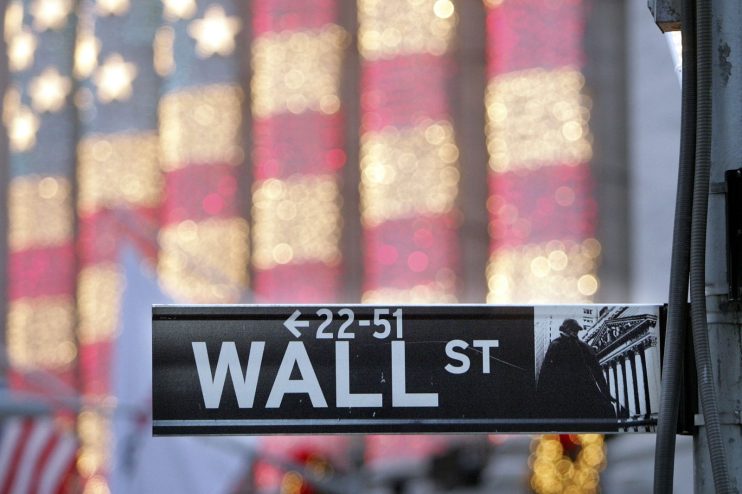Pacwest explores potential sale as US banking turmoil looks set to roll on

After its share price tanked 50 per cent yesterday, Pacwest confirmed late last night that it was exploring “all options to maximise shareholder value” following reports that it was looking at a potential sale.
The statement came in an attempt to reassure the market that it has not experienced “out-of-the-ordinary deposit flows” following JP Morgan’s acquisition of First Republic.
Pacwest said core customer deposits have increased since March 31, and that insured deposits made up 75 per cent of the bank’s base.
“Our cash and available liquidity remains solid and exceeded our uninsured deposits,” it said.
The statement came after Bloomberg reported the California bank has asked boutique investment bank Piper Sandler to help it explore its options.
“While Pacwest offered assurances that deposits were unaffected by the First Republic failure, the market is interpreting the bank’s decision to explore strategic alternatives as another sign of instability,” Herman Chan, analyst at Bloomberg Intelligence said.
Other regional banks also came under severe strain yesterday. Western Alliance shares fell as much as 35 per cent while Zions Bancorp fell over 10 per cent.
Pacwest is the latest lender to face trouble since the collapse of SVB. Earlier this week, JP Morgan swooped in to buy First Republic, which had faced significant deposit outflows in the first quarter.
Investors are concerned by the combination in many regional banks of a high proportion of uninsured deposits and hefty unrealised losses.
The news came on the same day the Fed lifted rates by 25 basis points in what is expected to be its final rate hike. Its attempts to contain inflation are likely to be made easier by tightening credit in the wake of the banking turmoil.
Going forward, regional lenders are likely to face much tighter regulations. The Fed’s review into the collapse of SVB pointed the finger at Trump-era deregulation which lightened the capital requirements on smaller banks.
“We may need a more holistic solution from regulators and the US government in order to quell market concerns that have a chance to destabilise the banking system,” Chan said.